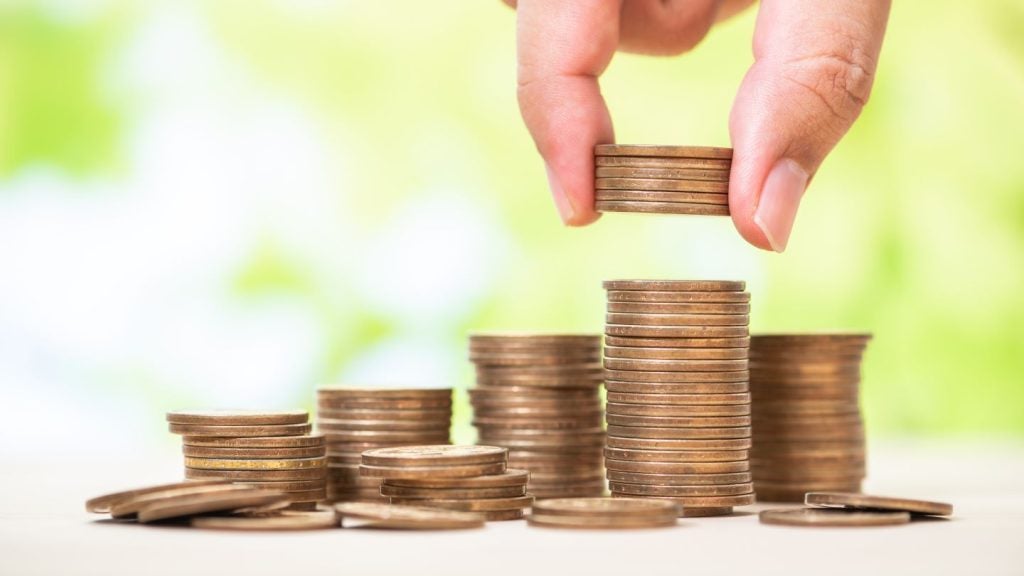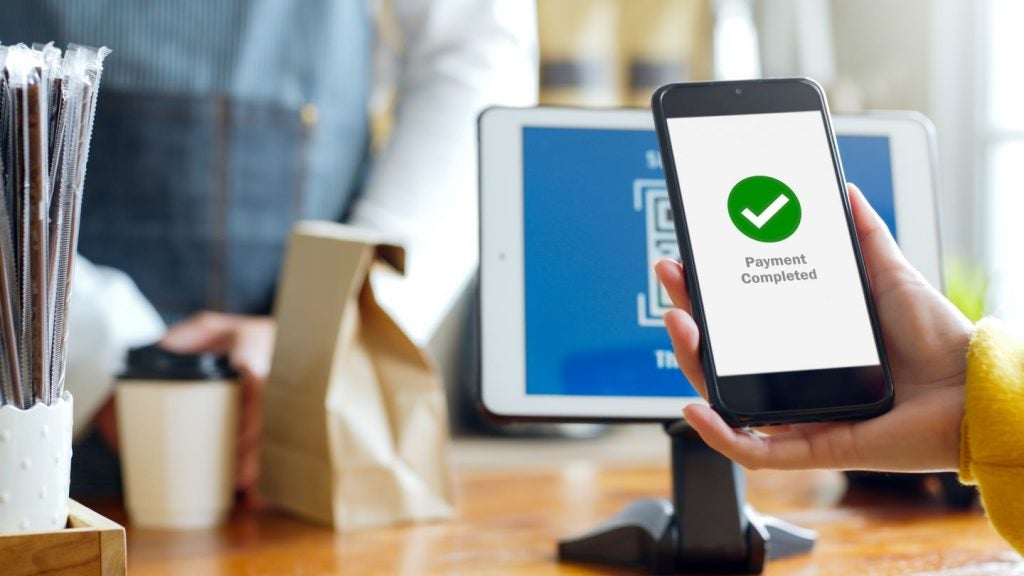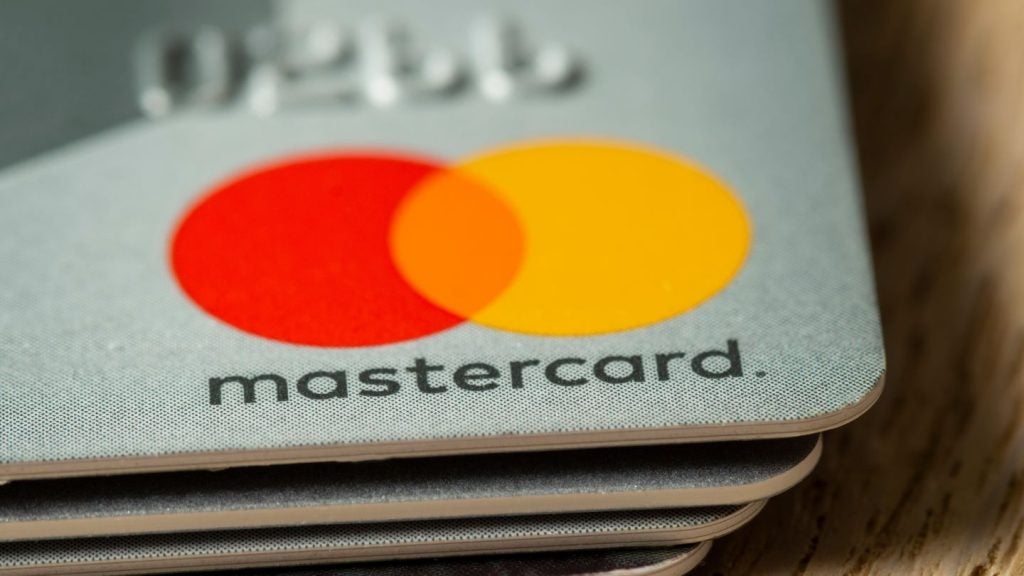Since eBay snapped up PayPal in 2002 for $1.5bn, it has acquired a further 20 firms, the most notable recent examples including Braintree less than two years ago.
But from the middle of July, PayPal will demerge and go its own way, stopping only to snap up cross-border P2P remittances provider Xoom in a deal worth nearly $900m.
In its investor presentations, PayPal has highlighted its mission to be an "Open Commerce Platform" incorporating PayPal Credit, its core wallet that offers rapid loans to consumers, in-app payments via Braintree, and in-store payments via Paydiant, through the development of merchant-led wallet and app loyalty programmes.
PayPal will start life as an independent firm with 155 million users, $13.8 in payments, $500m loaned through PayPal credit, 27% credit growth and a useful cash pile of more than $5bn. The purchase of Xoom will strengthen PayPal’s cross-border prospects particularly in some emerging markets, in particular Mexico, India, the Philippines, China and Brazil.
Consumer sentiment towards PayPal in the US exceeds even Apple and Google. In an Accenture survey last year, 41% of respondents said that they would be happy to switch to PayPal if it offered banking services against 29% saying the same about Apple and Google.
For all the excitement about PayPal becoming a standalone firm, it has much work to do to become less reliant upon its two main markets, the US and the UK, which contribute the majority of its revenue.
Customer numbers growth also slowed, albeit it remained in double figures last year.
Meantime, lurking on the horizon is the remittances threat of Facebook-if it gets it right, its Messenger app remittances service really could be a game-changer.
Post demerger, it will be fascinating to track the fortunes of eBay and PayPal. In a note to clients, JPMorgan analyst Doug Anmuth has a valuation of $38bn on PayPal with a $44bn market cap; his valuation of eBay is lower at $30bn with a market cap of $33bn. Already there is analyst gossip, boosted by an interview given by leading Andreesen Horowitz venture capitalist Jeff Jordan that there would be merit in Google acquiring PayPal.
If it is to prosper independently and meet analyst forecasts, PayPal’s mobile strategy will be key. Bernstein is among the most upbeat analysts; forecasting that PayPal’s revenues will grow by a compounded annual growth rate of at least 17% percent over the next three years and record revenue of at least $10.8bn in 2016.
Meantime, exited PRs continue to try and pitch excitably about the prospects of Visa’s V.me mobile wallet that offers many of the features offered by PayPal. V.Me seems to have been around for an age but it actually dates back to just 2012.
In the UK, V.Me has teamed up with Lloyds and its Halifax and Bank of Scotland subsidiaries as well as TSB and Nationwide.
I have yet to work out a really compelling consumer case to use V.me let alone find any colleagues who are excited by its prospects. I will be very happy to be proved wrong if it ultimately becomes a roaring success.







